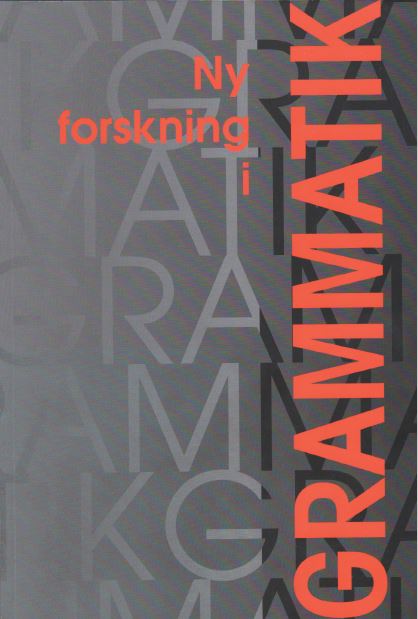Kognitionsverber og kontrasten mellem indikativ- og infinitivkomplement
DOI:
https://doi.org/10.7146/nfg.v0i27.122128Abstract
Many Danish cognition verbs take both indicative and infinitive complements. We examine what the contrast between the two complement types codes. The literature offers two answers. One is that the contrast has to do with coreferentiality: if the cognition verb’s primary argument is coreferential with the primary argument of the complement, the complement tends to be infinitive; if not, the complement must be indicative. The other answer concerns the contrast between propositions and states-of-affairs: the indicative complement designates a proposition, the infinitive complement a state-of-affairs. Corpus studies support both answers. They also support an analysis of indicatives as proposition markers. But infinitives cannot – straightforwardly – be analysed as state-of-affairs markers.
Downloads
Published
How to Cite
Issue
Section
License
Forfatteren/forfatterne og Dansk Sprognævn har ophavsret til de artikler der bringes i tidsskriftet.





